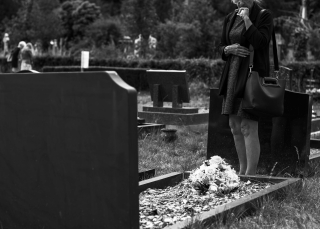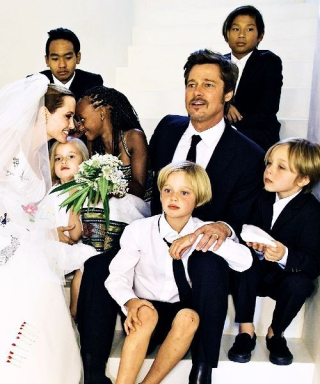 If your will does not address this issue, then your state’s laws will be applied. Speak to an experienced Houston estate planning attorney to see about Texas heir laws.
If your will does not address this issue, then your state’s laws will be applied. Speak to an experienced Houston estate planning attorney to see about Texas heir laws.
Estate planning attorneys deal with unexpected issues all of the time, and by their nature, some of them involve sensitive and sad topics. A recent article in The Carroll County Times addressed the question of what happens when a child predeceases a parent. The article, “Legal Matters: If predeceased by an heir in a valid will, what happens with that inheritance?” explains that a will can be prepared for this possibility, and a will can also be changed, if this was not previously considered.
As an example, the Maryland Estate and Trusts Code says “[u]nless a contrary intent is expressly indicated in the will, a legacy may not lapse or fail because of the death of a legatee after the execution of the will but prior to the death of the testator.”
 Houston Estate Planning and Elder Law Attorney Blog
Houston Estate Planning and Elder Law Attorney Blog










